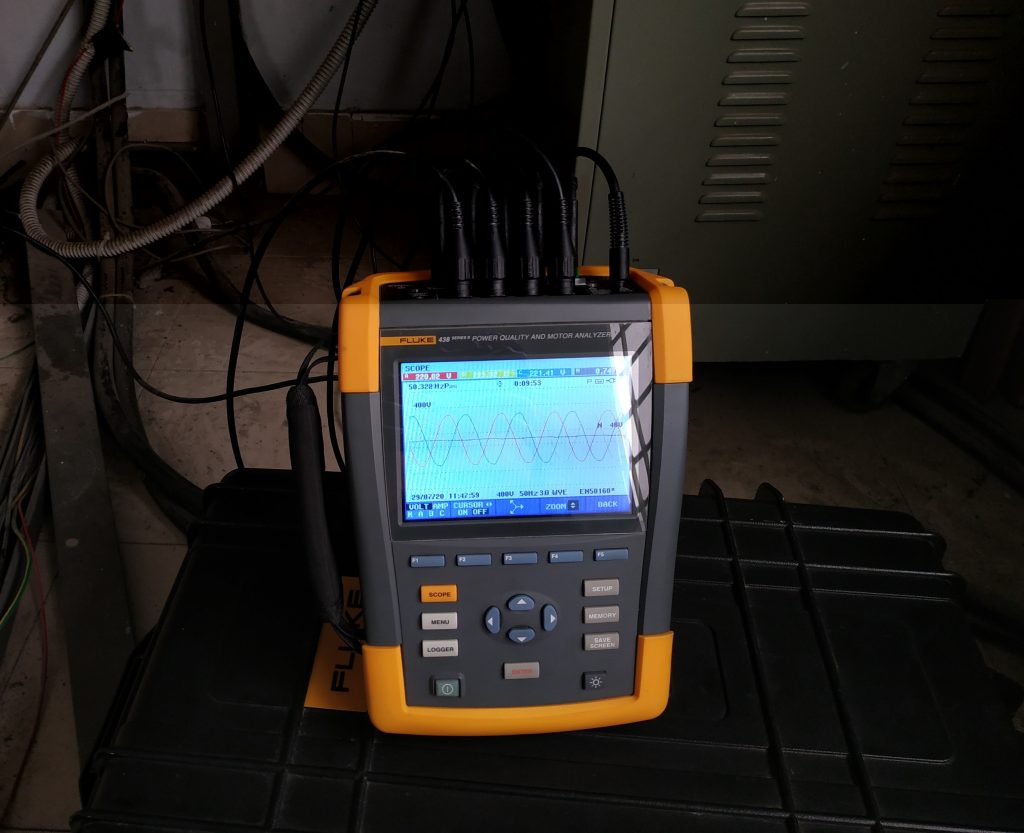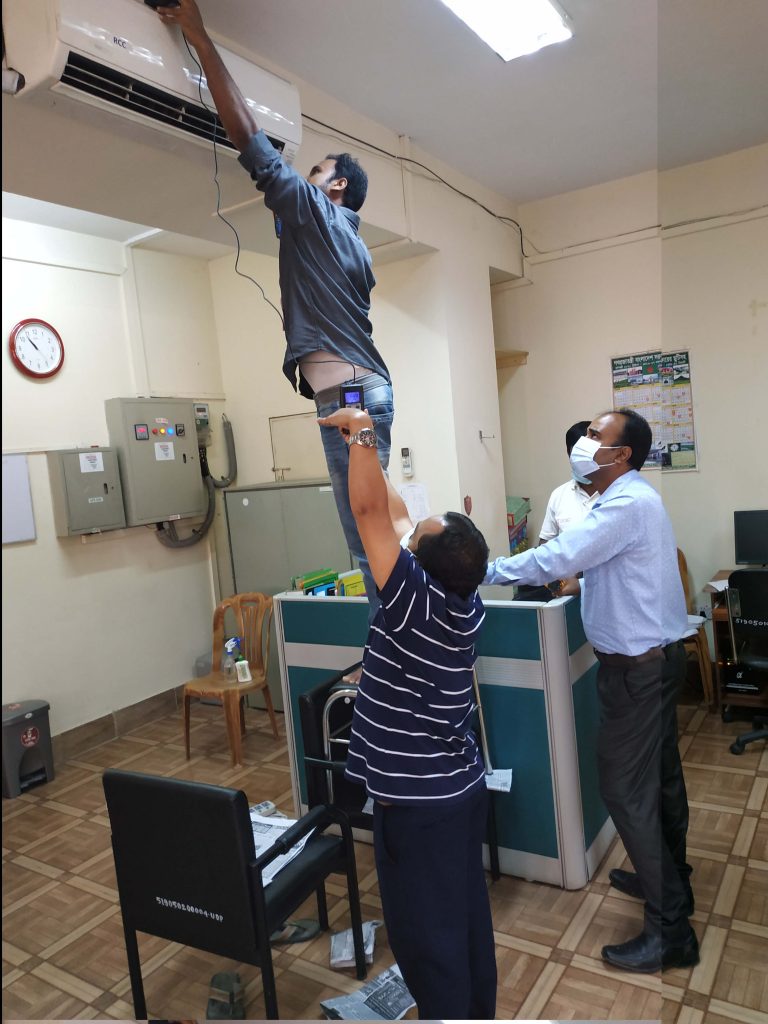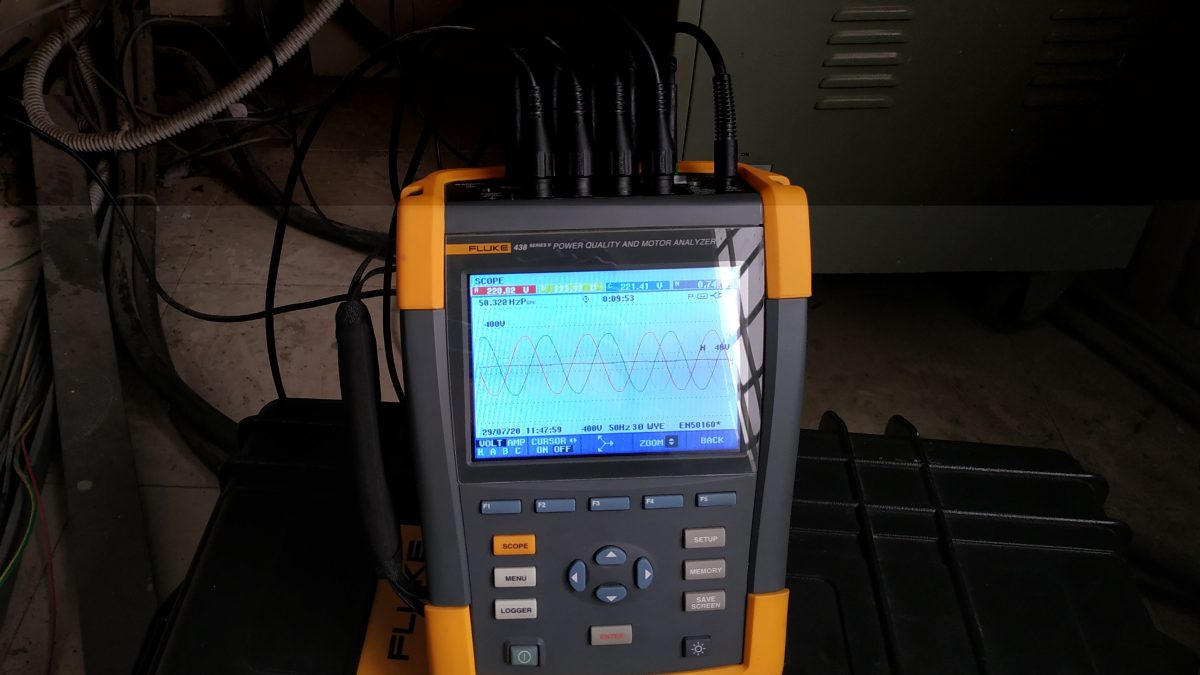
LEDS Lab promotes a series of webinars to improve South American city halls’ installed capacity in developing low carbon bankable projects
August 3, 2020
Balikpapan City tests Manggar landfill’s readiness as clean energy source
August 10, 2020Rajshahi city in Bangladesh recently undertook a detailed energy audit of its main municipal administrative building with the support of the Urban-LEDS II project. The purpose of the audit was to demonstrate possible opportunities and benefits from the adoption of energy-efficient solutions and technologies, which can help address rising energy consumption in buildings.

Building energy consumption is a major contributor to GHG emissions, and is increasing every year due to growing electricity demand for end-uses such as cooling, heating, appliances and plug loads. In Bangladesh’s cities, this increase can be attributed to several factors, including economic and population growth, as well as changing weather conditions such as rise in temperatures and in the number of hot days that result in increased energy demand in buildings. The growth in the construction sector in Bangladesh, coupled with increasing power costs, provide significant opportunities for cost savings and emissions abatement through energy conservation. However, despite its obvious advantages, building energy efficiency still remains an untapped market due to the widespread use of less-efficient technologies and insufficient investment in sustainable buildings.
The case of Rajshahi city is no different from these national circumstances. Rajshahi’s GHG emissions inventory, prepared under the Urban-LEDS II project, shows that energy consumption in residential and commercial buildings contributes to over 25% of both the city’s total energy use and GHG emissions. Electricity use in residential, commercial and institutional sectors is growing cumulatively at an average rate of nearly 7% every year. Looking at these results, the city of Rajshahi felt the need to advocate for and to demonstrate energy efficiency adoption in buildings.
With its high energy consumption, the main administrative office building of the Rajshahi City Corporation (RCC) was identified as a suitable building for undertaking a detailed energy audit and for implementing energy improvement measures. Interventions undertaken at this prominent public building will help demonstrate energy conservation opportunities and solutions to municipal officials and to the community.
As a first step, the RCC undertook a comprehensive Investment Grade Energy Audit (IGEA) of its administrative office building from July 26 to 29, 2020, to understand the energy-use pattern and to identify opportunities for improvement. The main objective of this assessment, supported by the ICLEI South Asia team, was to provide a technical and financial assessment of energy conservation opportunities and their projected energy savings. The field IGEA included an orientation program for the RCC officials, followed by field measurements, collection of energy and equipment inventory details, and interactions with officials. Energy efficiency experts from India steered the activity and provided remote guidance to local energy auditors from Bangladesh, who undertook the field audit, given the travel restrictions due to the COVID-19 pandemic. RCC engineers joined the audit activity to get hands-on training in the audit procedures and energy efficiency practices for future replication. The preliminary findings were presented to the RCC officials after the audit, and inputs were sought to identify the priority intervention areas.
Going forward, the IGEA report emerging from this assessment will identify opportunities for energy efficiency measures (short, mid and long-term) and also ascertain suitable retrofits and technology for these measures, supplemented by cost-benefit analysis. Based on the IGEA assessment and consultations with the local stakeholders, a preliminary plan will be developed to measure and verify the potential savings envisaged in the IGEA. Ultimately, the IGEA should ensure that the agreed-upon energy conservation measures, when implemented, would enable the buildings to minimize energy consumption and adhere to statute requirements such as the Bangladesh National Building Code.


